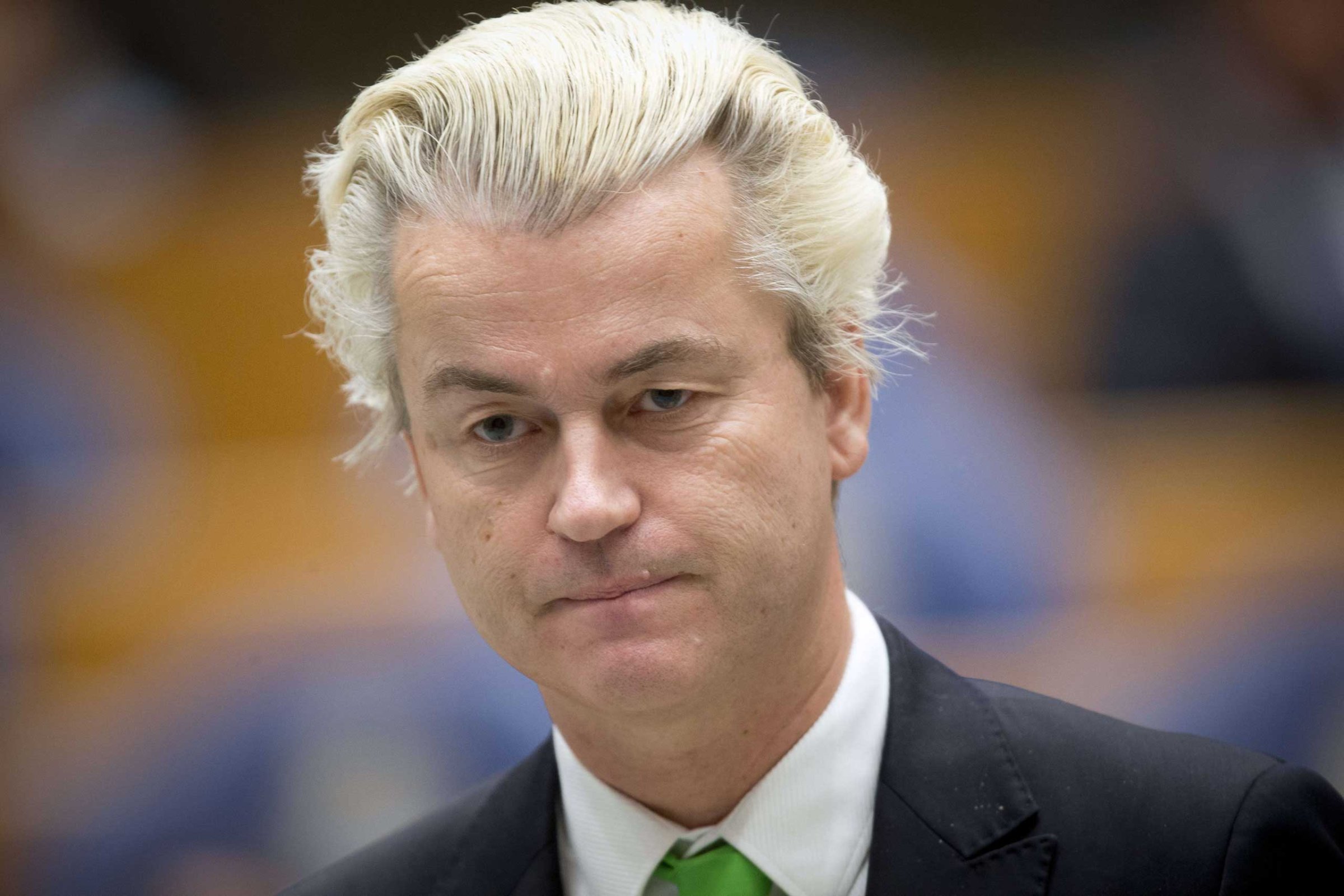
The populist and anti-immigrant parties surging in the polls across much of Europe did not even wait to find out the identity of the attackers before deciding exactly who to blame for the massacre of 12 people at the Charlie Hebdo offices in Paris. Within hours of the assault on the French satirical magazine, far-right politicians had variously pointed the finger at migrants, refugees and Islam.
Geert Wilders, the Dutch politician facing trial for inciting racial hatred, claimed that Europe was now “at war” and called for the “de-Islamization” of Western societies. “We have to close our borders, reinstate border controls, get rid of political correctness, introduce administrative detention, and stop immigration from Islamic countries,” he said in a statement. He also delivered a YouTube message, in English, to underline the point:
These are not the sentiments of a man on the political fringes: Wilders’ Party for Freedom (PVV) is currently topping opinion polls in the Netherlands, despite his openly xenophobic statements. His current prosecution stems from a call last year for “fewer Moroccans” in his country.
France’s nationalist leader Marine Le Pen, who is also performing strongly in opinion polls, was quick to blame “radical Islam.” While she refrained from the more incendiary language deployed by Wilders, her National Front party entered into an alliance with his PVV last year.
Despite the U.N. and human-rights groups warning that such sentiments simply increase the climate of intolerance that fuels such attacks, populist parties seem to have found in the attacks a new opportunity to claim vindication for their policies, and to try to bolster support for their causes.
Andrea Mammone, a lecturer in European politics at Royal Holloway, University of London, said the Continent should now be bracing for an “ignorant” debate on immigration and Islam — and one which could boost support for the far-right and other extremist parties if it goes unchallenged.
“Debates on migration, the place of refugees and integration are a feature of Western history,” he said. “These far-right parties will naturally push this further using demagogic slogans. This happened after other attacks, when Muslims became the main enemy, and parties will try and exploit this electorally … Far-right forces might attract voters in this environment.”
France Stands in Silence for Terror Attack Victims
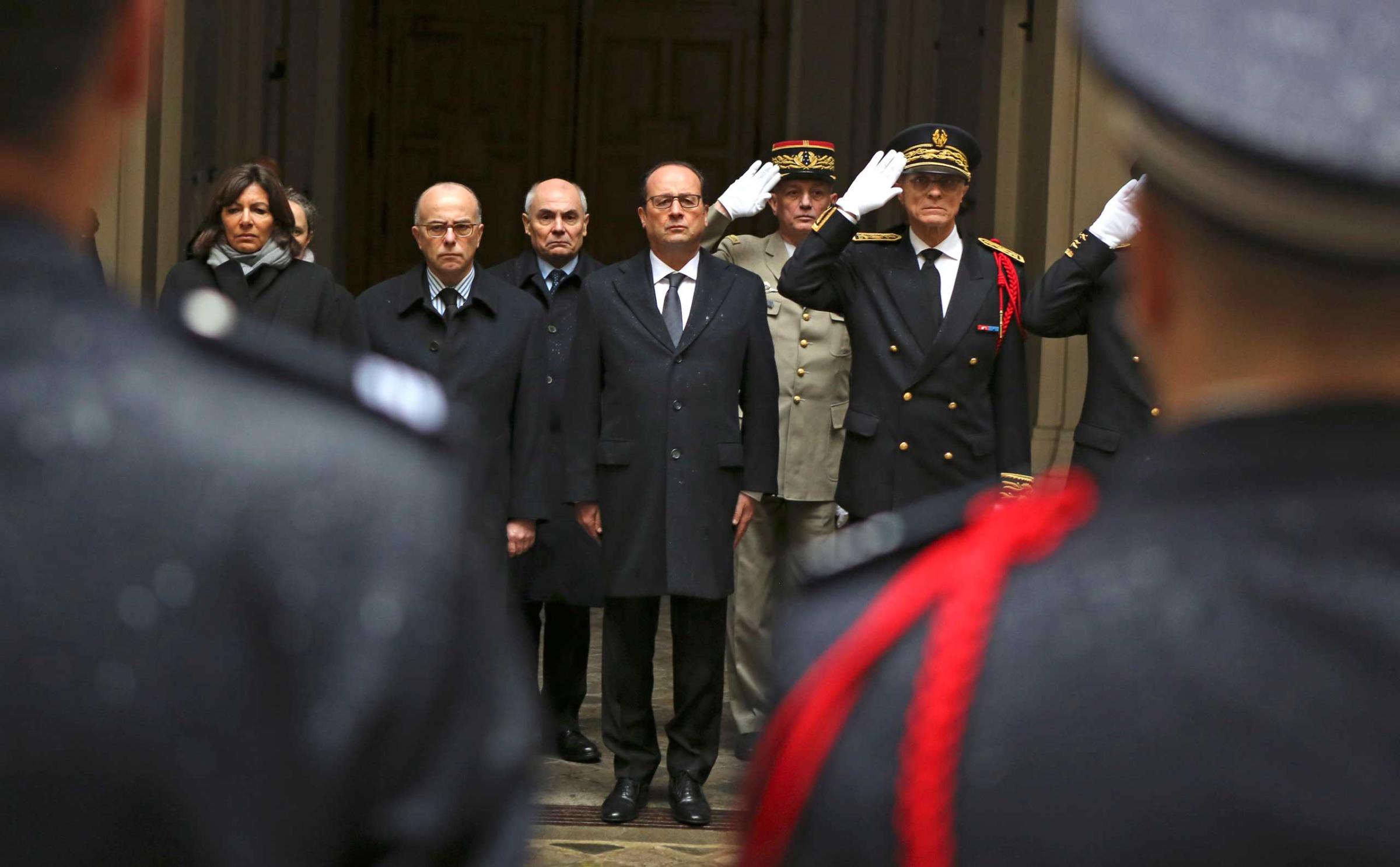
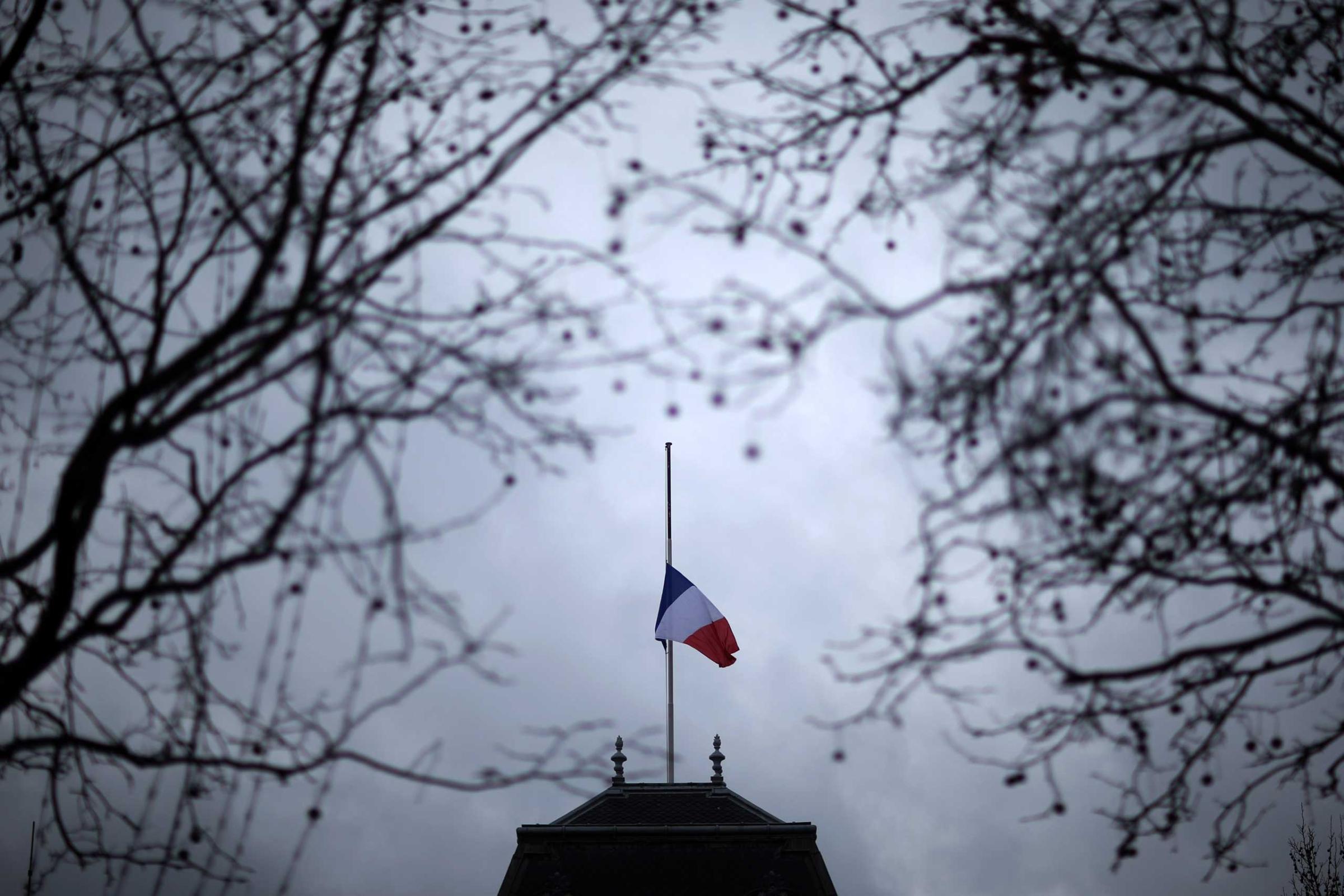
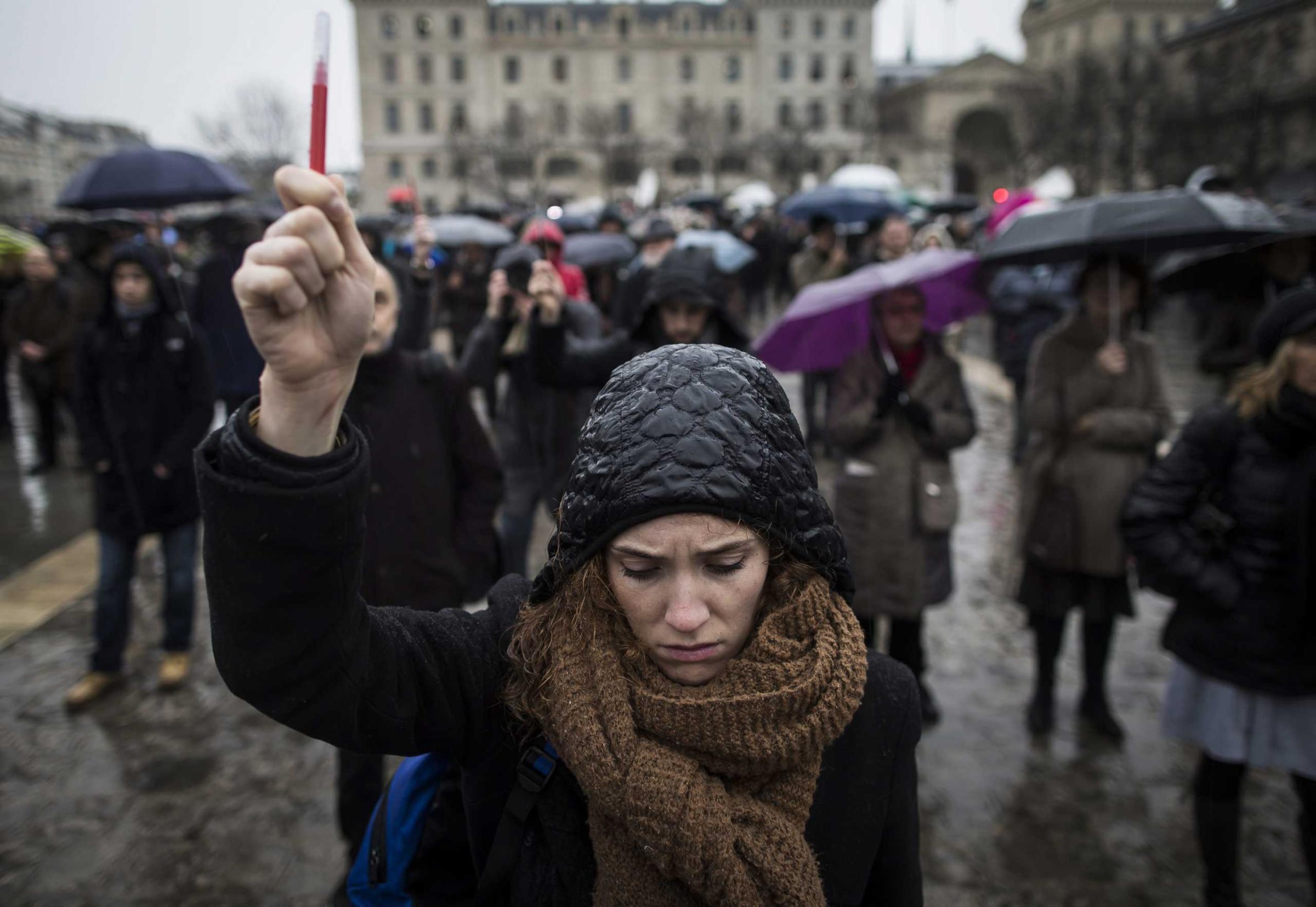
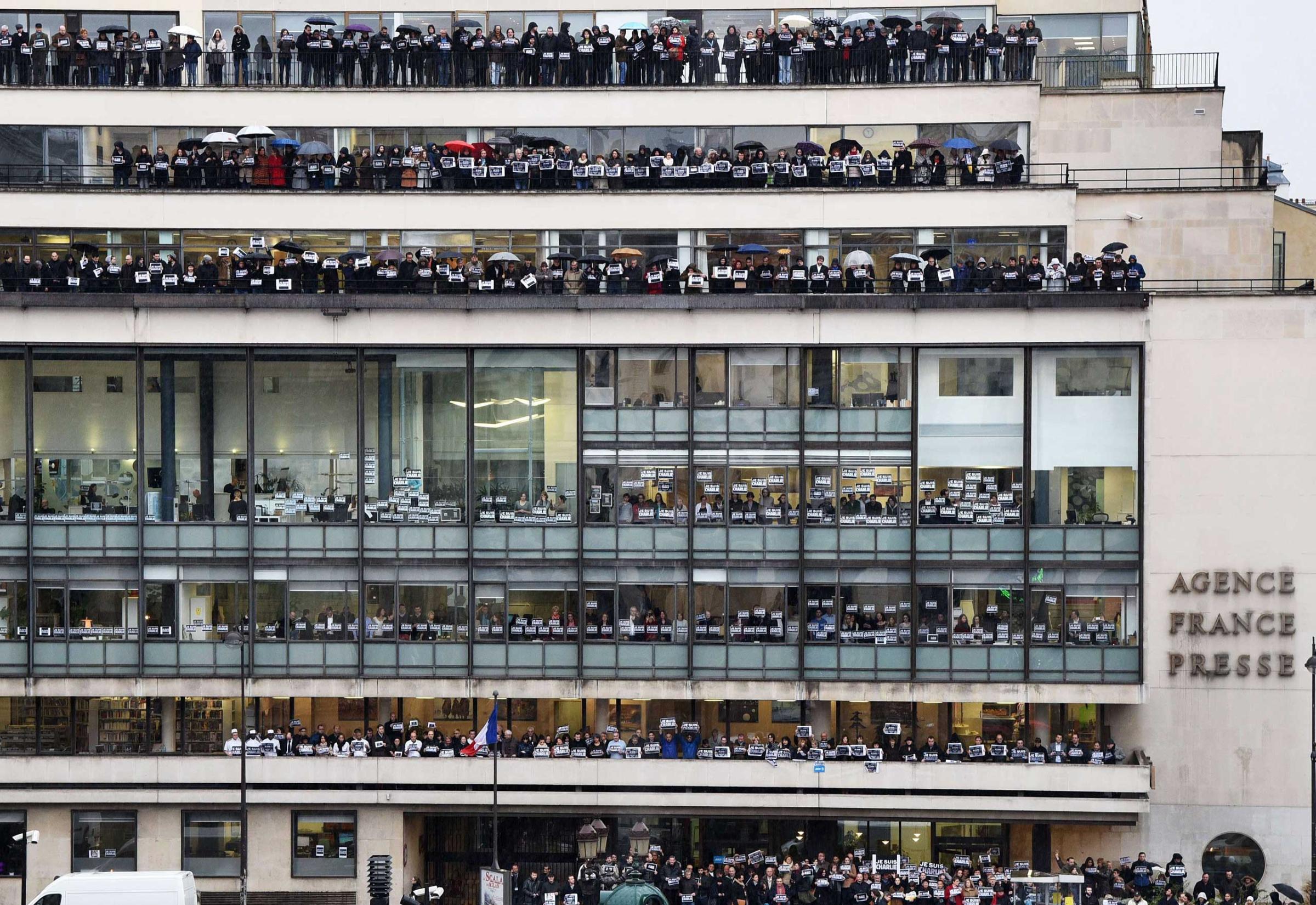
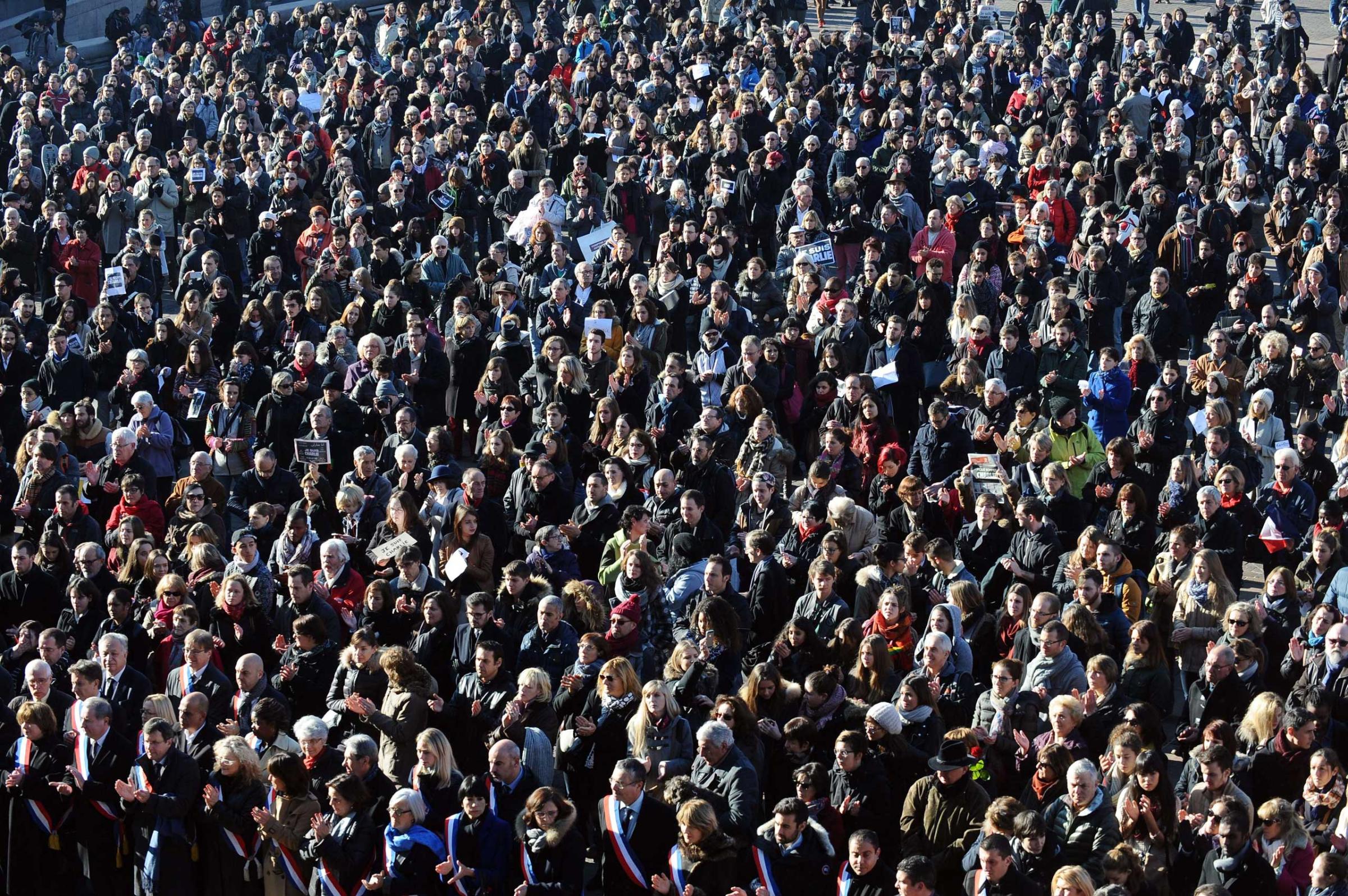
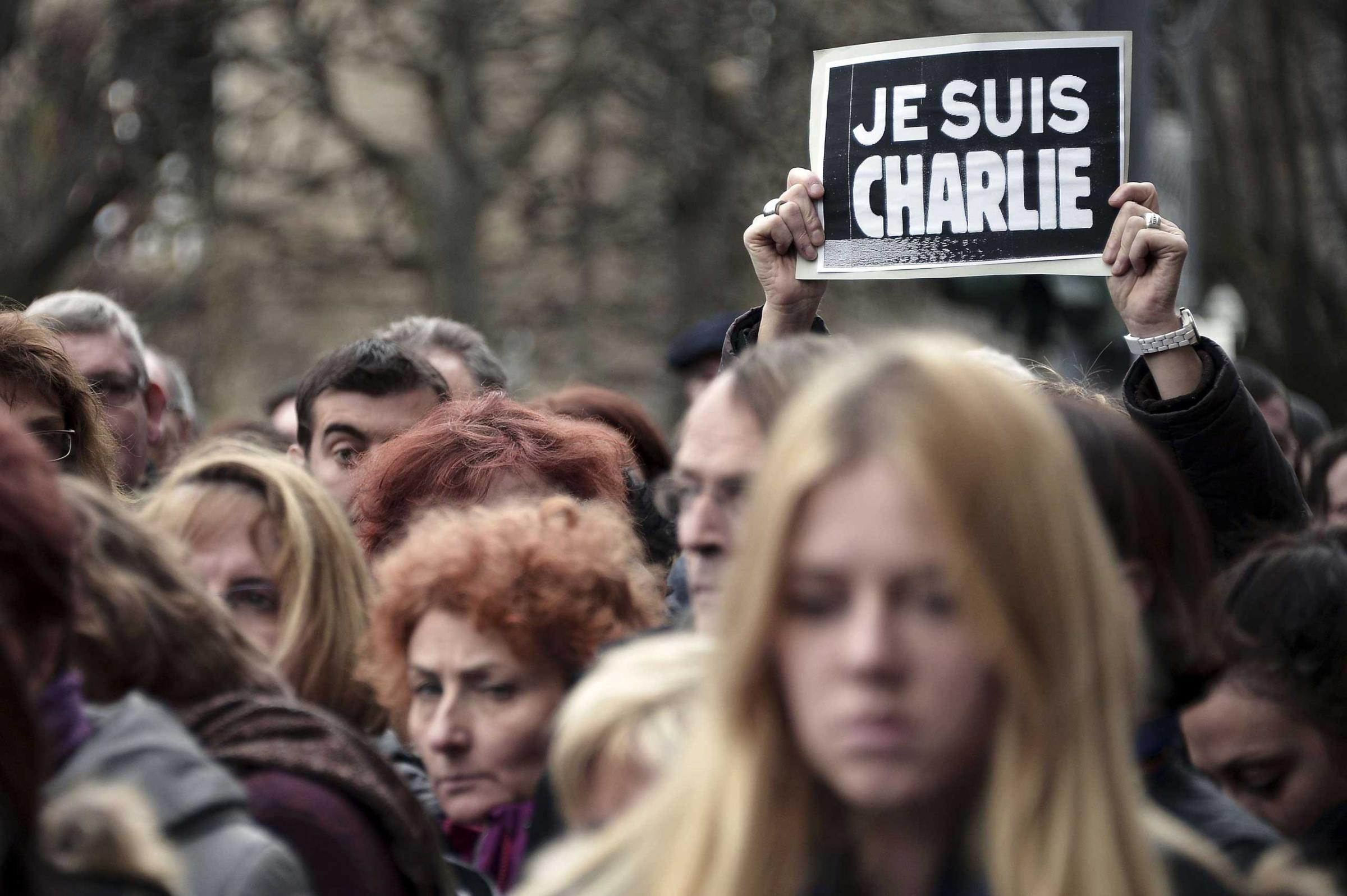
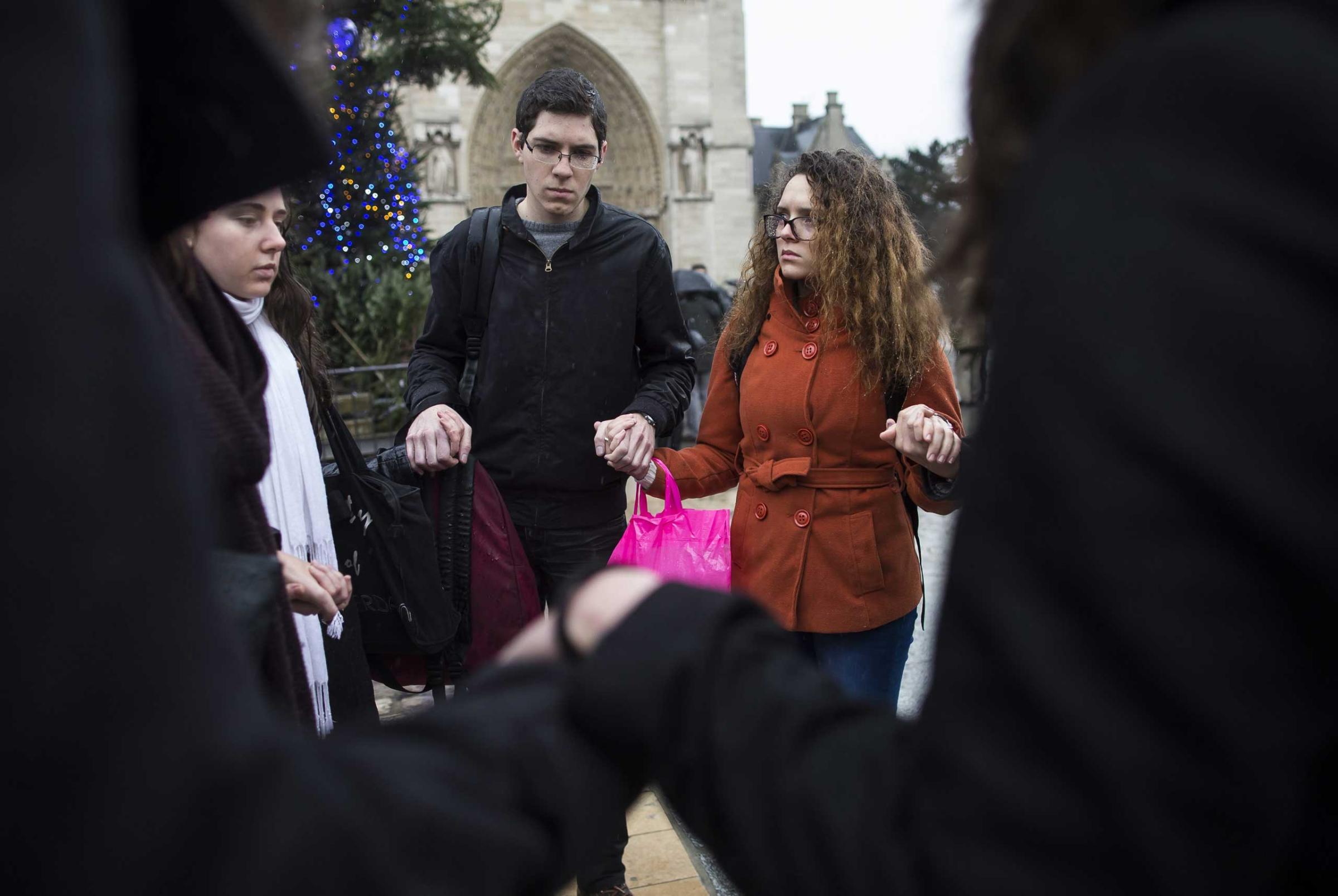
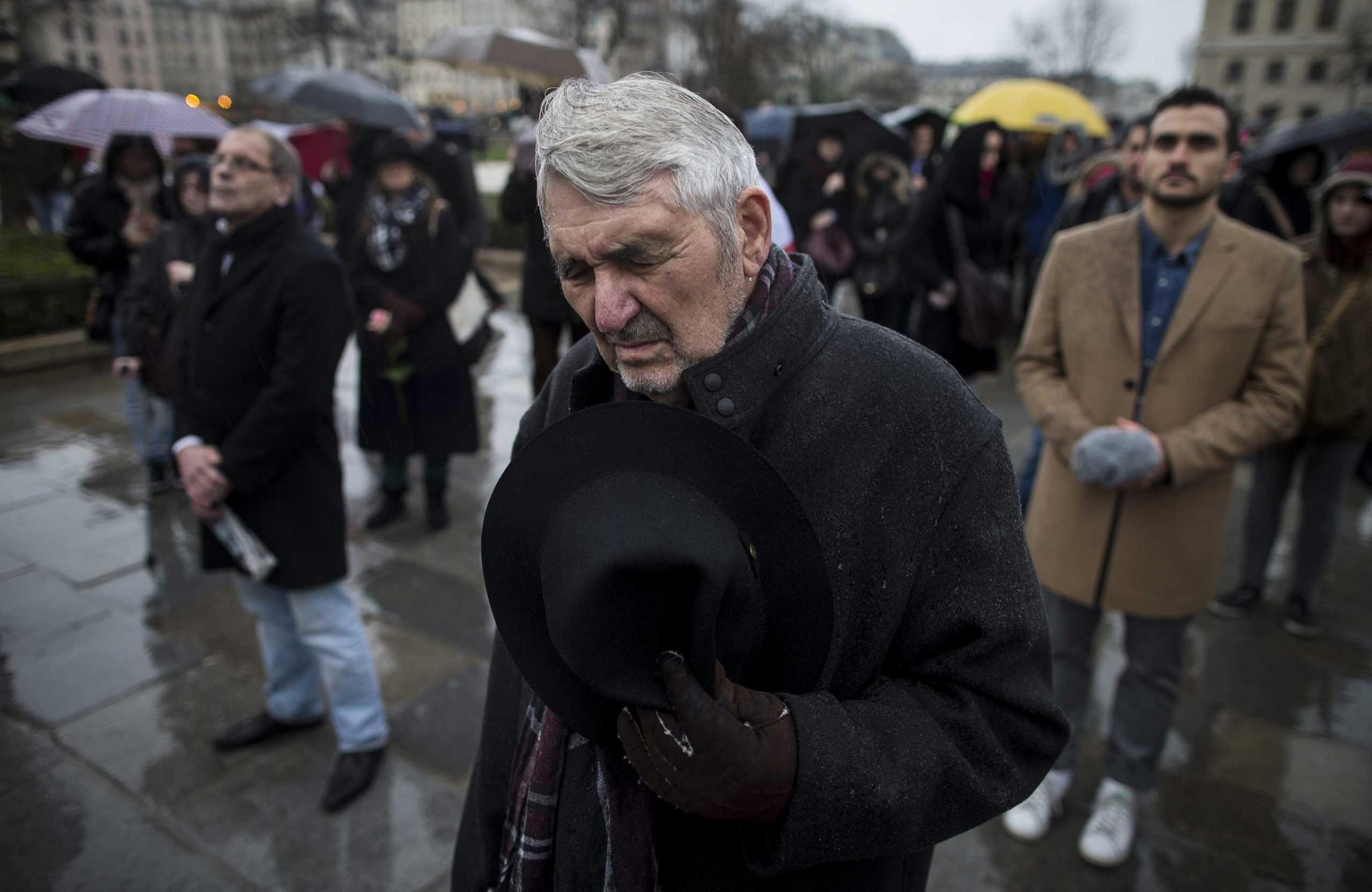

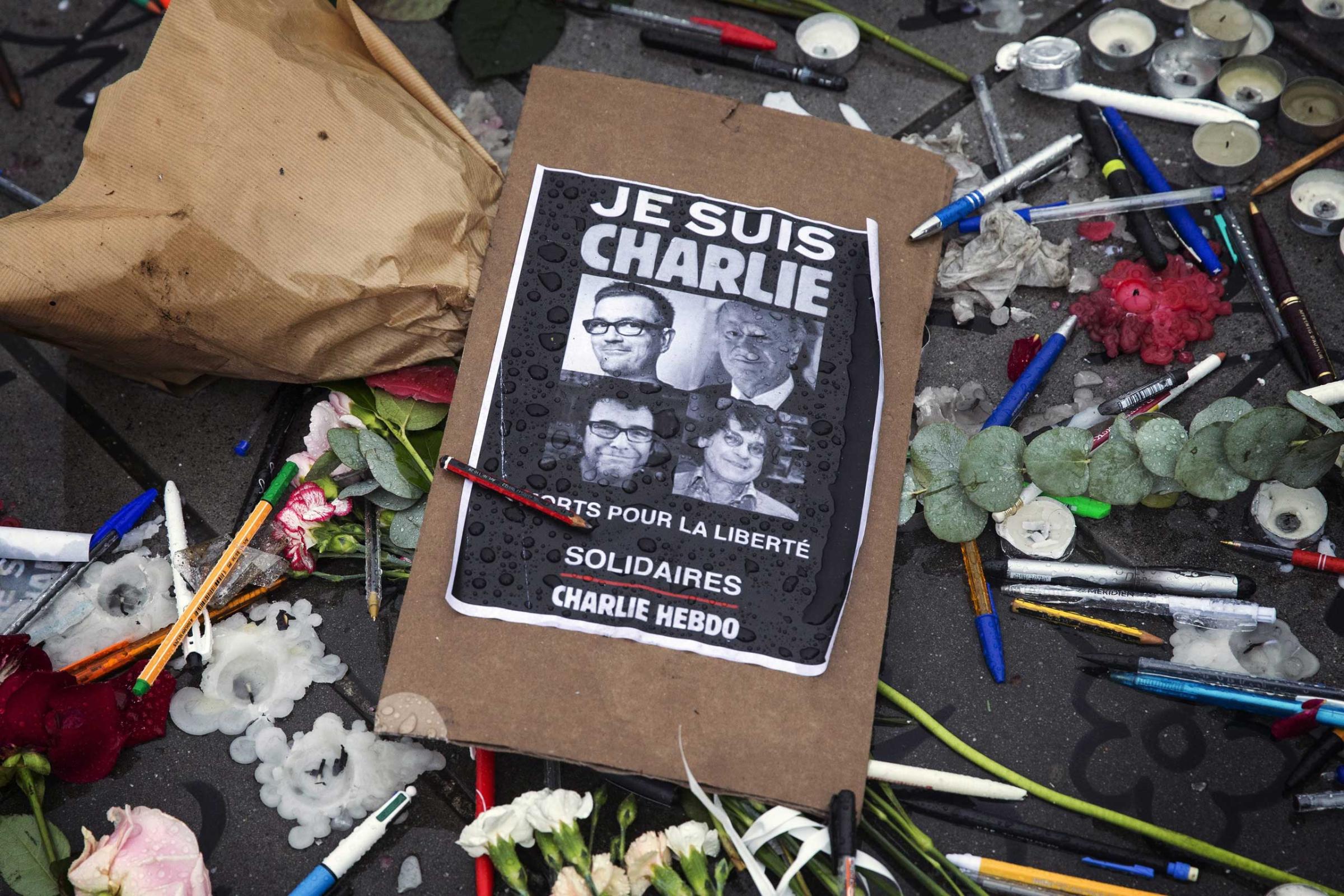
The recent rise of Europe’s antiestablishment parties has its roots in the euro-zone crisis, when many people turned against the mainstream political parties that imposed harsh austerity measures demanded by the European Union. With fewer jobs around, cuts to social spending and more economic hardship, migrants and refugees became easy scapegoats.
The Continent’s new political landscape was confirmed in elections to the European Parliament last May, when many far-right and far-left parties doubled their support. In four countries, including the U.K. and France, antiestablishment parties topped these polls.
Their electoral success has continued. In December, the anti-immigration Sweden Democrats become the third largest party in the country. The U.K. is preparing for elections in May that are expected to bring a surge in support for the U.K. Independence Party (UKIP), which argues for reducing the number of migrants in Britain. UKIP’s leader, Nigel Farage, also used the attacks as an opportunity to condemn the U.K.’s “gross policy of multiculturalism” on Thursday.
Europe has seen a large influx of refugees in recent months because of unrest in the Middle East. Around 207,000 people — many fleeing the war in Syria — tried to cross the Mediterranean on dilapidated boats last year, with around 3,500 of them not making it across the choppy waters alive.
Those who survived the journey have quickly become another target. Yesterday the Deputy Speaker of Italy’s Parliament, Roberto Calderoli, directly linked the Charlie Hebdo attacks to an Italian operation, Mare Nostrum, to save migrants in the Mediterranean.
“What happened … in Paris pains me deeply but unfortunately … it does not surprise me,” Calderoli, who is from the anti-immigrant Northern League party, was quoted as saying by Italy’s ANSA news agency. “The policy of open doors to all and Mare Nostrum … have opened a Pandora’s box for which we will never find the lid.”
In Germany, an increase in the number of refugees has prompted rallies by an organization called Patriotic Europeans Against the Islamization of the West, or PEGIDA. Claims by the group’s leaders that the Paris attacks vindicated their message have provoked angry condemnation from leading politicians.
But while German politicians have spoken out against the xenophobic movement, in many nations the rhetoric about migrants remains unchallenged, with the more established political parties concerned about losing votes. Mammone said that the only way to counter incendiary speech was “a serious, fair and balanced debate on religion, non-European cultures and immigration.”
That was also the message from U.N. High Commissioner for Human Right Zeid Ra’ad al-Hussein, who urged societies not to allow hateful rhetoric to triumph.
“If this attack is allowed to feed discrimination and prejudice, it will be playing straight into the hands of extremists whose clear aim is to divide religions and societies,” he said in a statement. “With xenophobia and anti-migrant sentiments already on the rise in Europe, I am very concerned that this awful, calculated act will be exploited by extremists of all sorts.”
Front Pages React to Paris Terror Attack
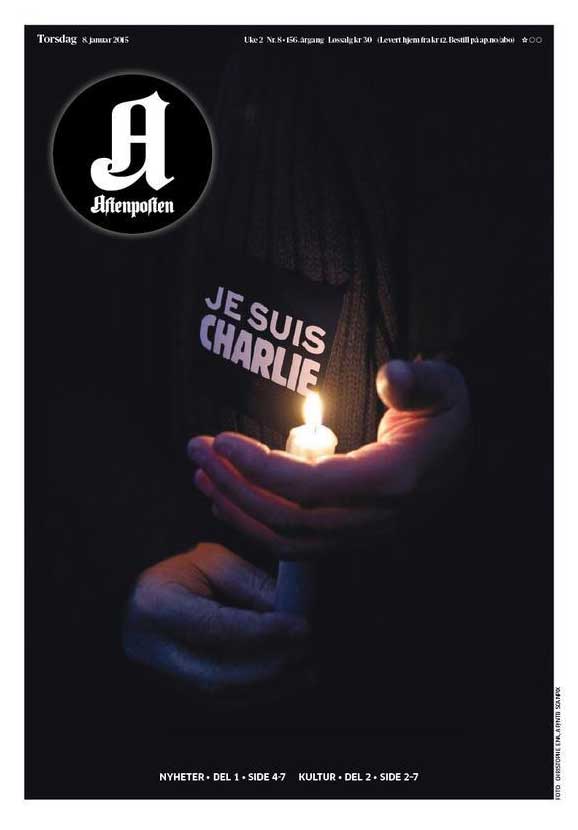
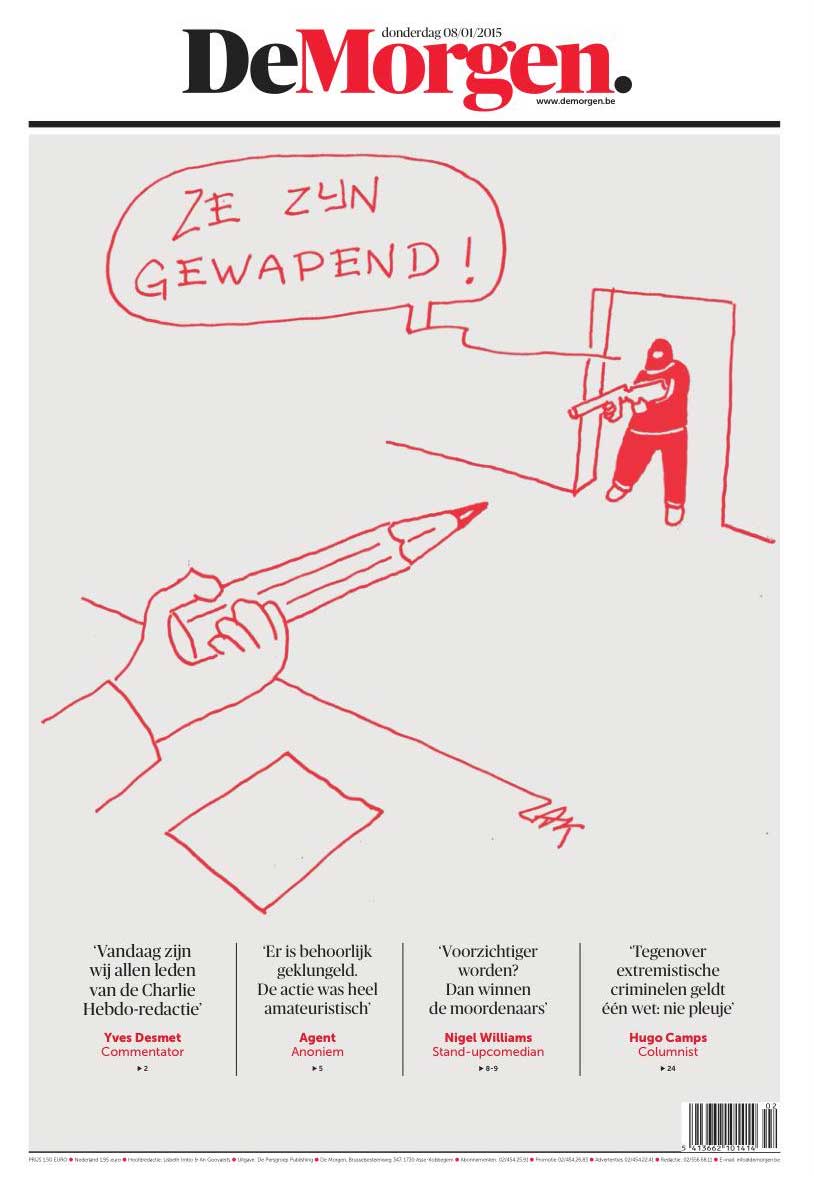
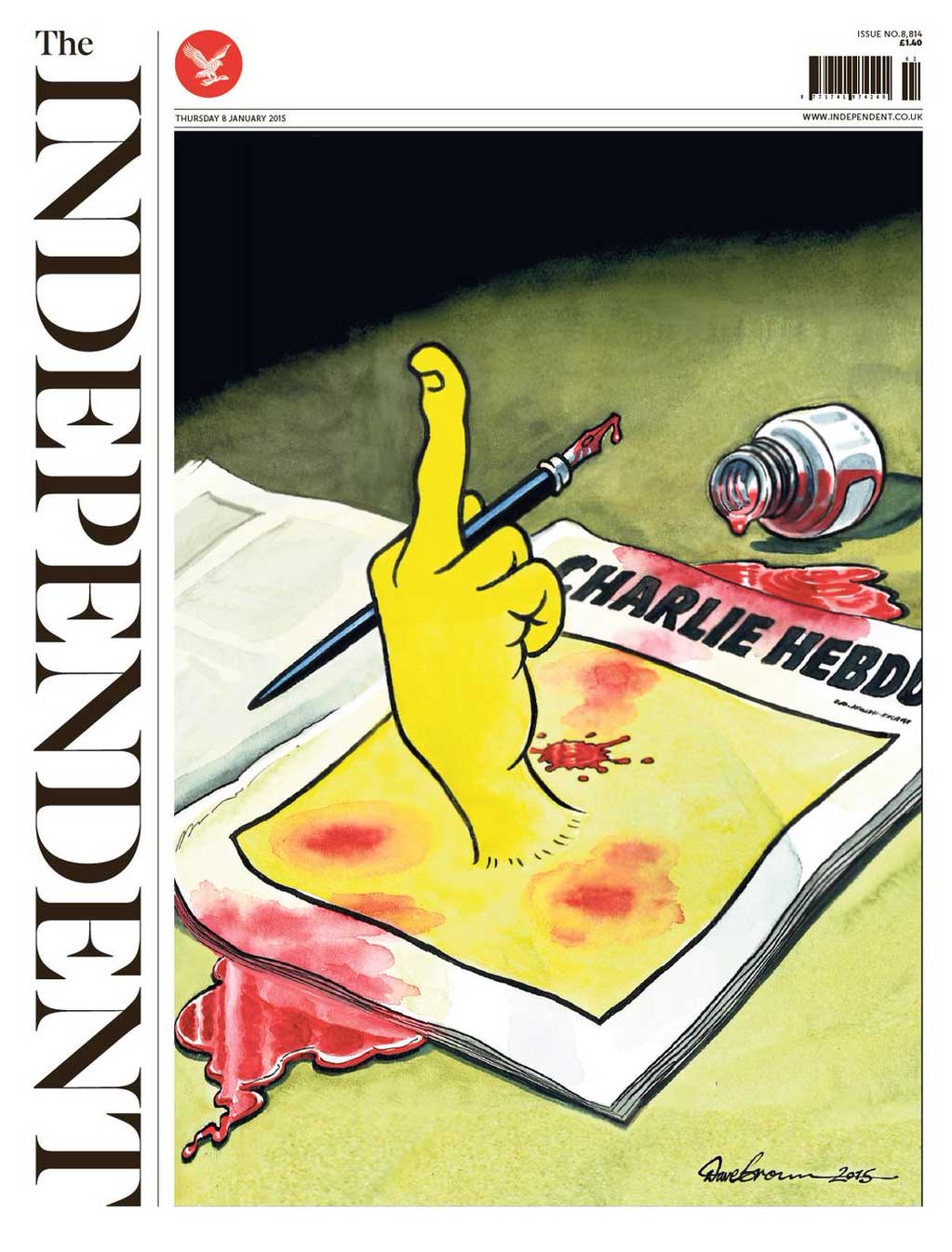
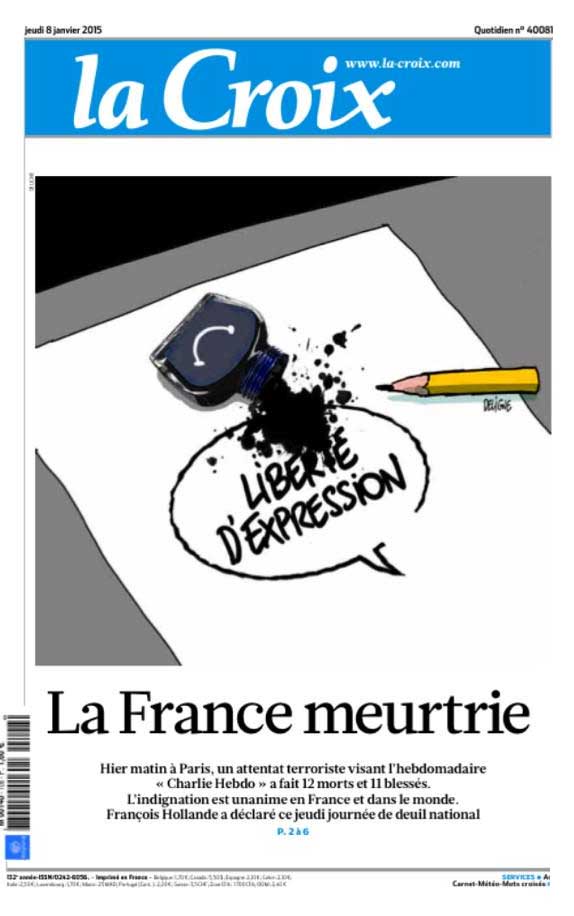
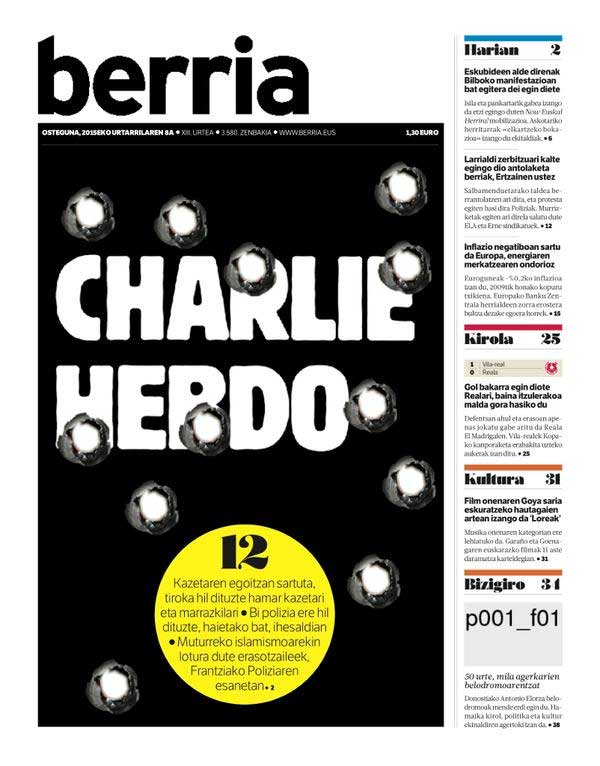
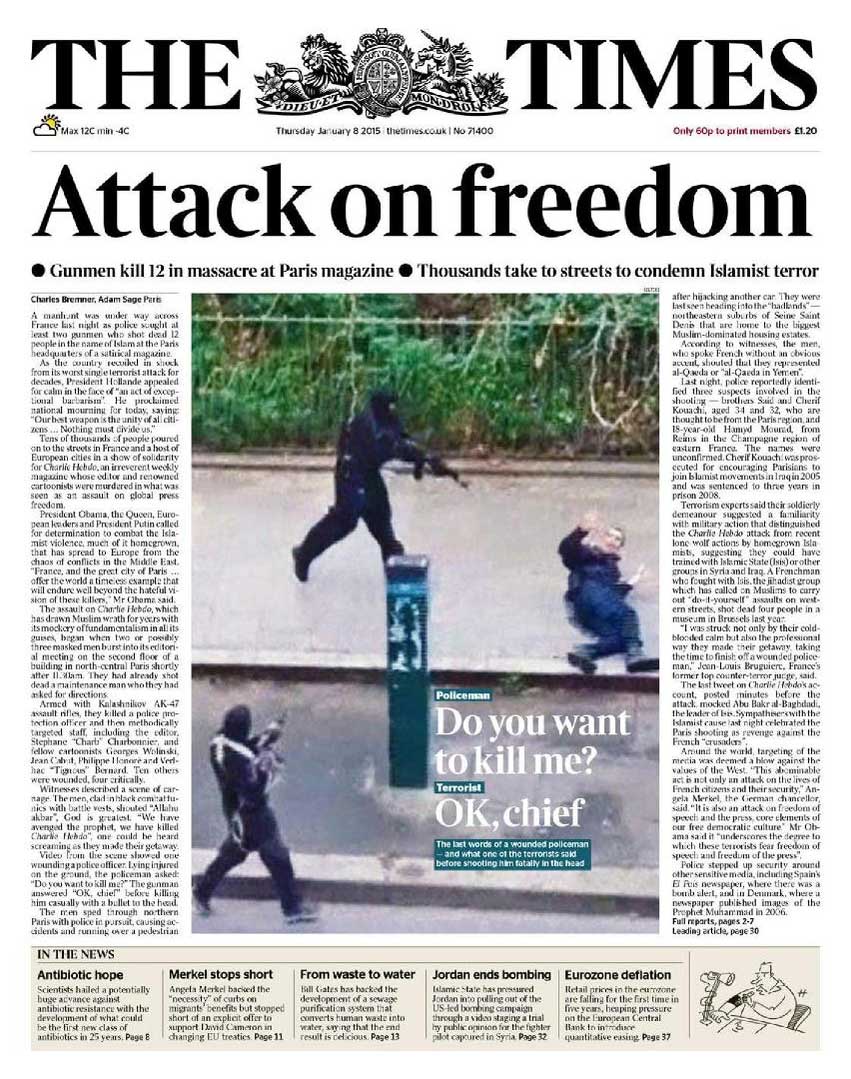
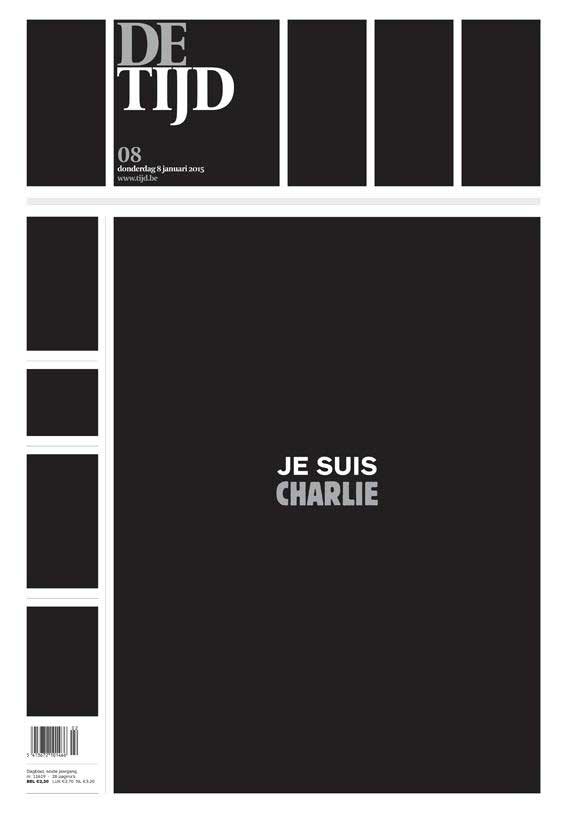
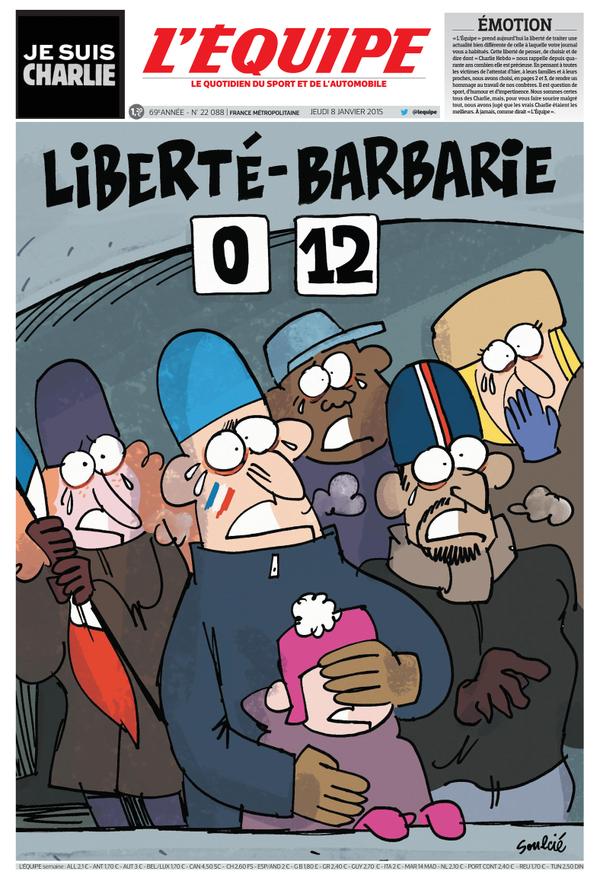
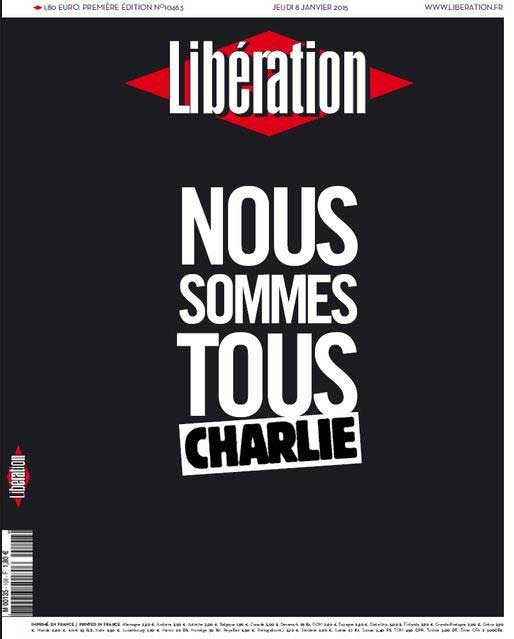
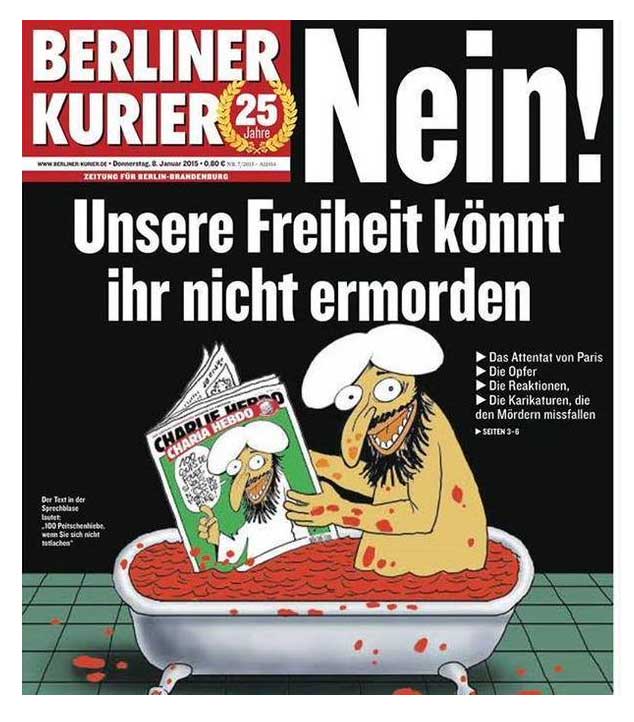
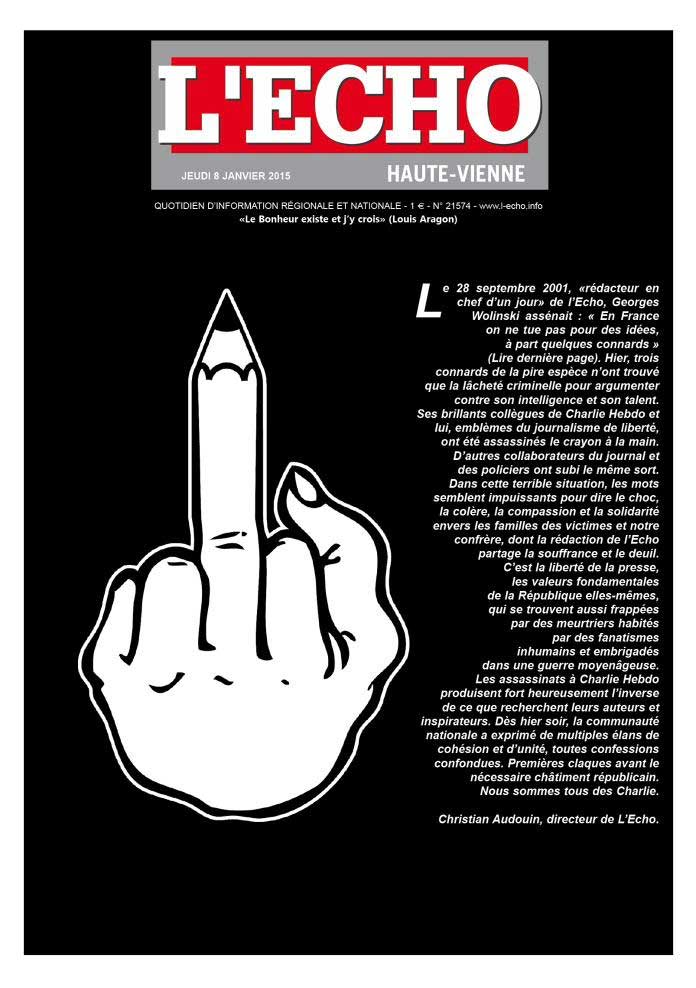
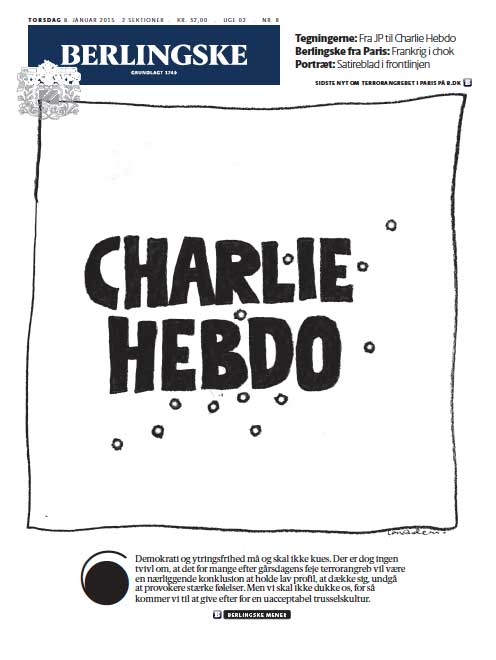
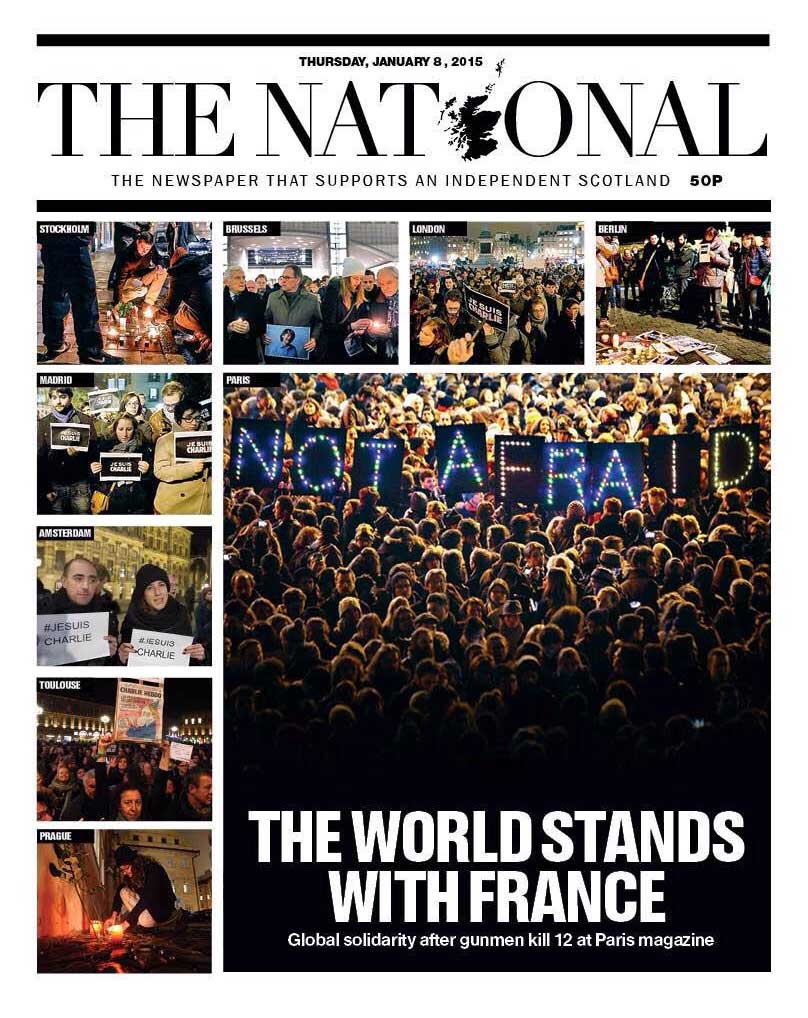
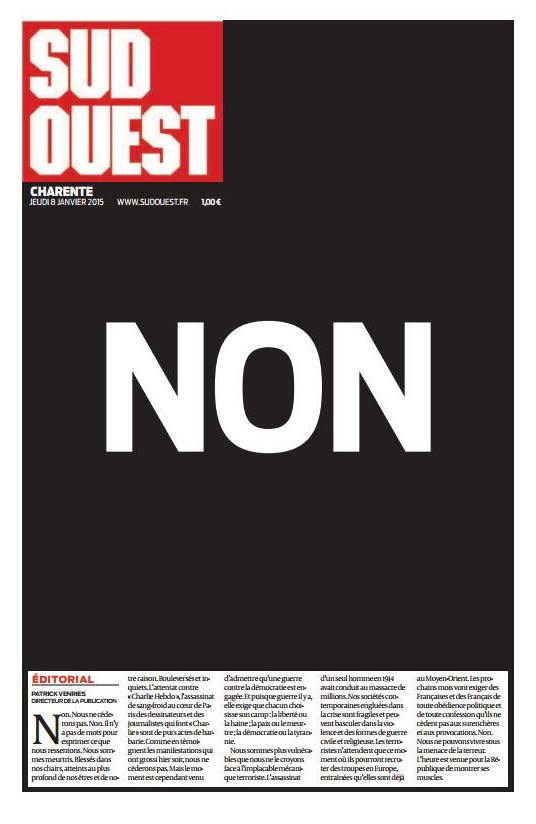
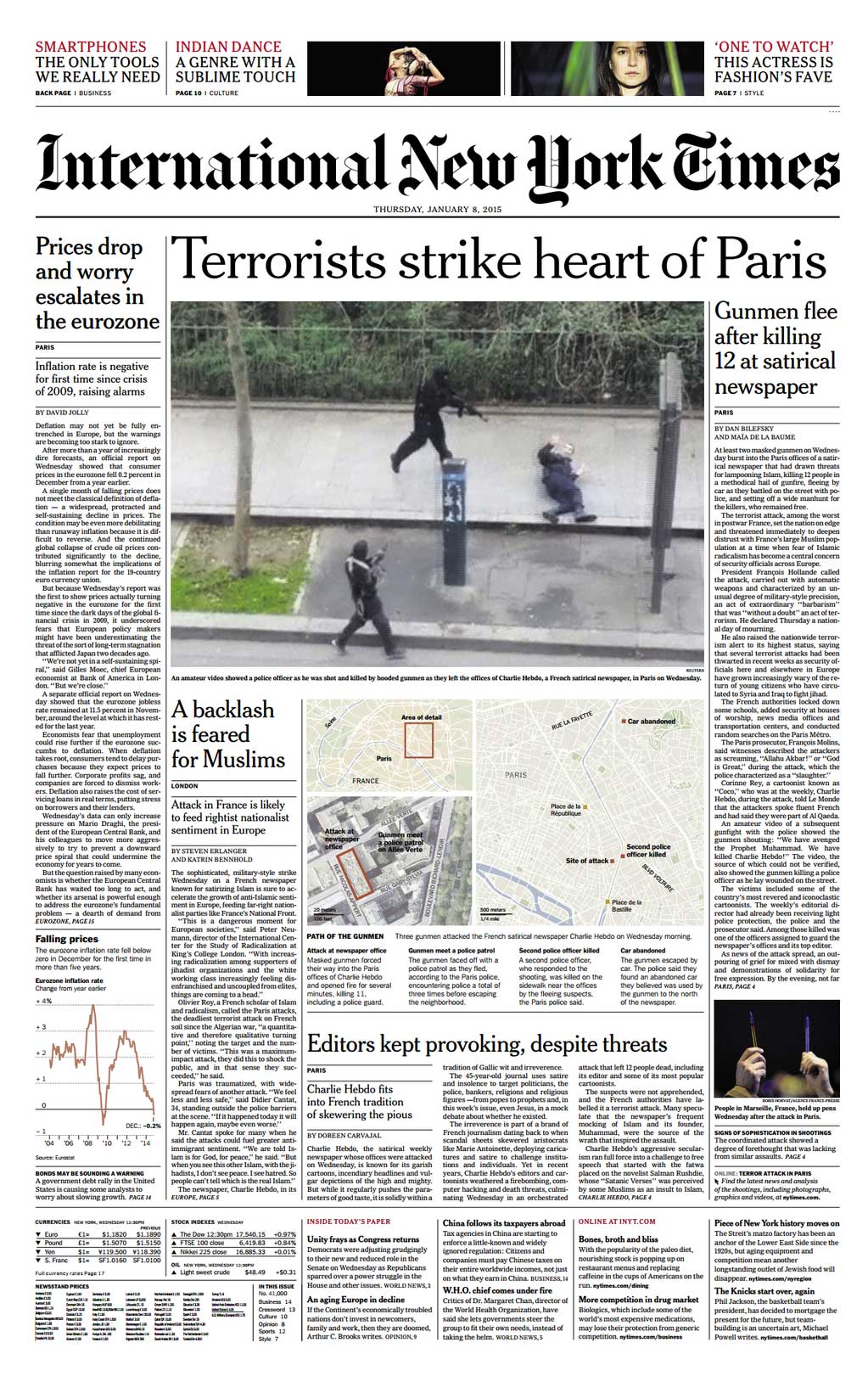
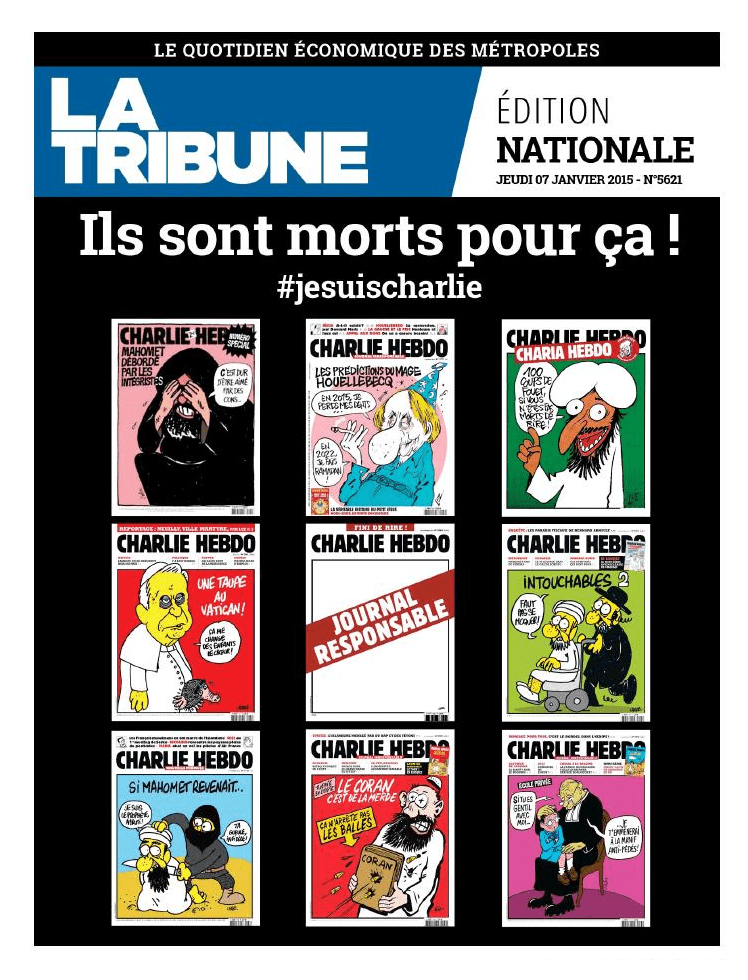
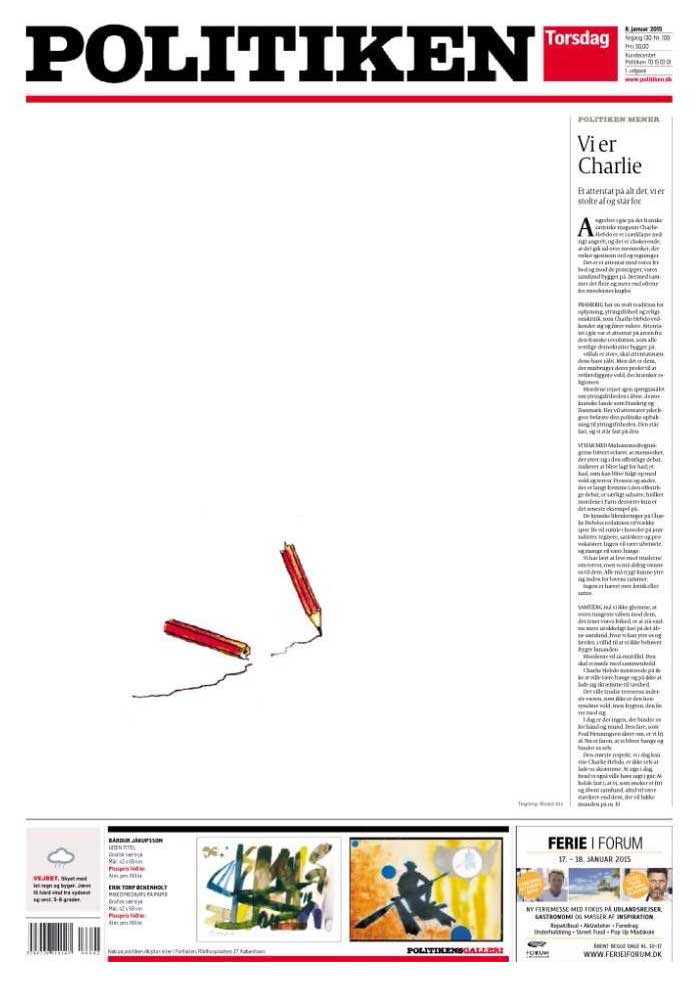
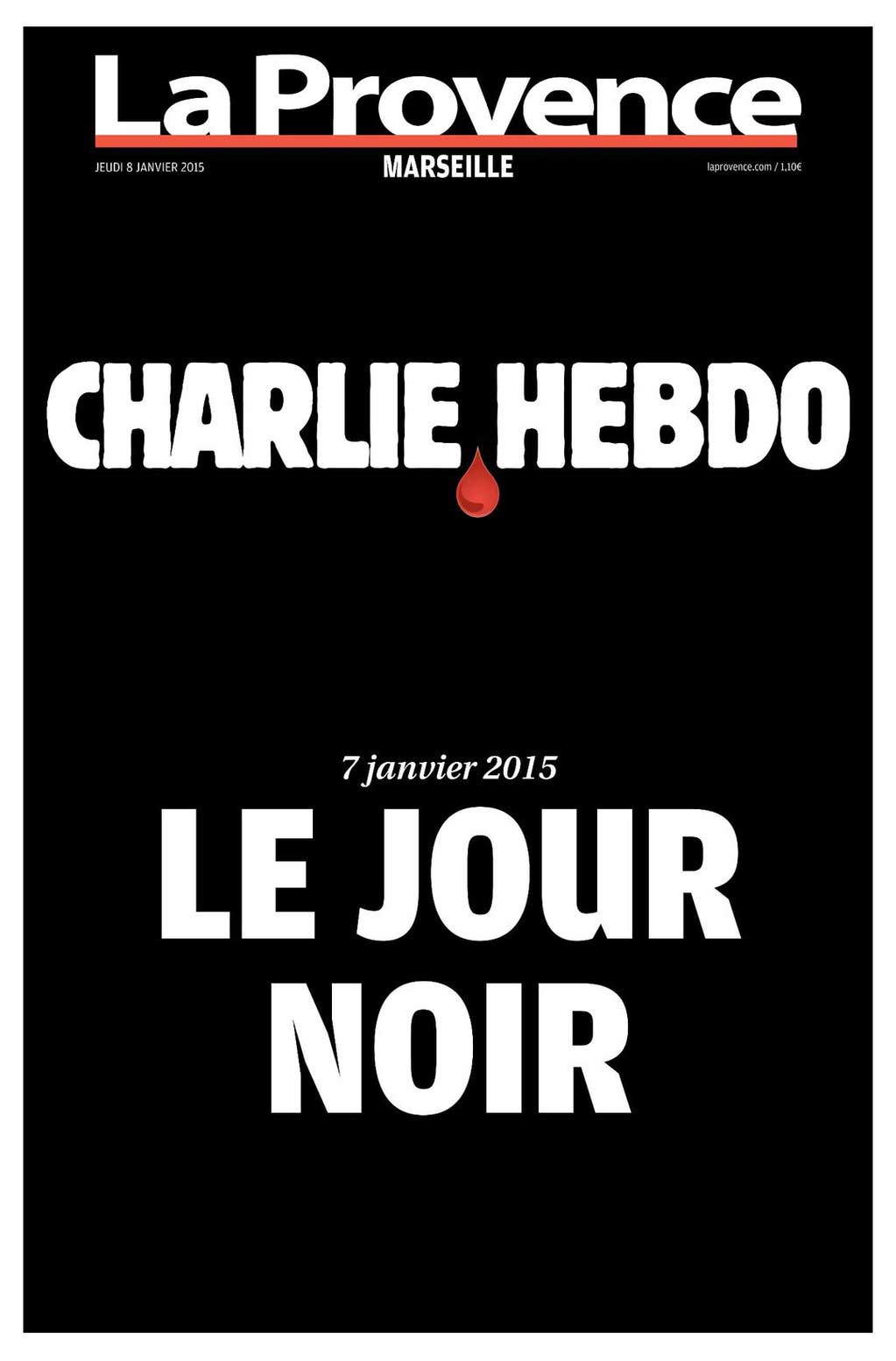
More Must-Reads From TIME
- The 100 Most Influential People of 2024
- The Revolution of Yulia Navalnaya
- 6 Compliments That Land Every Time
- Stop Looking for Your Forever Home
- If You're Dating Right Now , You're Brave: Column
- The AI That Could Heal a Divided Internet
- Fallout Is a Brilliant Model for the Future of Video Game Adaptations
- Want Weekly Recs on What to Watch, Read, and More? Sign Up for Worth Your Time
Contact us at letters@time.com